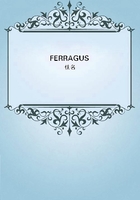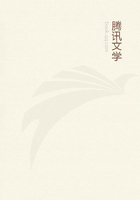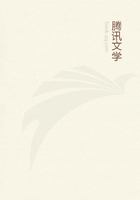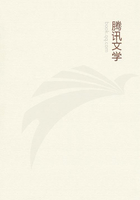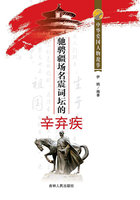In 1219 John of Montacute is again maintaining that Martin is his villain, in answer as it seems to an action de libertate probanda which Martin has brought against him. The court goes back to the verdict of the jury in John's time, and finds that by this verdict the land is proved to be of base tenure, and the person to be free. The whole is repeated again on a roll of 1220;whether we have two decisions, one of 1219 and the other of 1220, or merely two records of the same decision, is not very clear, nor is it very important. But there are several interesting points about this case. The decision in 1220 is undoubtedly very strong on the distinction between status and tenure: 'nullum erat placitum in curia domini Regis de villenagio corporis ipsius Martini nisi tantum de villenagio et consuetudinibus terre,' etc.
As to tenure, the court delivers an opinion which is entitled to special consideration, and has been specially noticed by Bracton both in his Notebook and in his treatise. 'If Martin,' say the judges on the roll of 1219, 'wishes to hold the land, let him perform the services which his father has been performing; if not, the lord may take the land into his hands.'* The same thing is repeated almost literally on the roll of 1220. Bracton draws two inferences from these decisions. One is suggested by the beginning of the sentence; 'If Martin wishes to hold the land.'
Both in the Note-book and in the treatise Bracton deduces from it, that holding and remaining on the land depended on the wish of Martin, who as a free man was entitled to go away when he pleased.* The judgment does not exactly say this, but as to the right of a free person to leave the land there can be no doubt.
The second conclusion is, that if a free man hold in villainage by villain services he cannot be ejected by the lord against his will, provided he is performing the services due from the holding. What Bracton says here is distinctly implied by the decisions of 1219 and 1220, which subject the lord's power of dealing with the land to a condition -- non-performance of services.* There can be no question as to the importance of such a view; it contains, as it were, the germ of copyhold tenure.* It places villainage substantially on the same footing as freehold, which may also be forfeited by discontinuance of the services, although the procedure for establishing a forfeiture in that case would be a far more elaborate one. And it must be understood that Bracton's deduction by no means rests on the single case before us. He appeals also to a decision of William Raleigh, who granted an assize of mort d'ancestor to a free man holding in villainage.* Unfortunately the original record of this case has been lost. The decision in a case of 1225 goes even further. It is an assize of novel disseisin brought by a certain William the son of Henry against his lord Bartholomew the son of Eustace. The defendant excepts against the plaintiff as his villain; the court finds, on the strength of a verdict, that he is a villain, and still they decide that William may hold the land in dispute, if he consents to perform the services; if not, he forfeits his land.* Undoubtedly the decision before us is quite isolated, and it goes against the rules of procedure in such cases. Once the exception proved, nothing ought to have been said as to the conditions of the tenure. Still the mistake is characteristic of a state of things which had not quite been brought under the well-known hard and fast rule. And the best way to explain it is to suppose that the judges had in their mind the more familiar case of free men holding in villainage, and gave decision in accordance with Martin of Bestenover v. Montacute, and the case decided by Raleigh.* All these instances go clean against the usually accepted doctrine, that holding in villainage is the same as holding at the will of the lord: the celebrated addition 'according to the custom of the manor' would quite fit them. They bring home forcibly one main consideration, that although in the thirteenth century the feudal doctrine of non-interference of the state between lord and servile tenantry was possessed of the field, its victory was by no means complete. Everywhere we come across remnants of a state of things in which one portion at least of the servile class had civil rights as well as duties in regard to the lord.
Matters were even more unsettled as to customs and services in their relation to status and tenure. What services, what customs are incompatible with free status, with free tenure? Is the test to be the kind of services or merely their certainty?
Bracton remarks that the payment of merchet, i.e. of a fine for giving away one's daughter to be married, is not in keeping with personal freedom. But he immediately puts in a kind of retractation,* and indeed in the case of Martin of Bestenover it was held that the peasant was free although paying merchet. To tenure, merchet, being a personal payment, should have no relation whatever. In case of doubt as to the character of the tenure, the inquiry ought to have been entirely limited to the question whether rents and services were certain or not,* because it was established that even a free tenement could be encumbered with base services. In reality the earlier practice of the courts was to inquire of what special kind the services and customs were, whether merchet and fine for selling horses and oxen had been paid, whether a man was liable to be tallaged at will or bound to serve as reeve, whether he succeeded to his tenancy by 'junior right' (the so-called Borough English rule), and the like.

